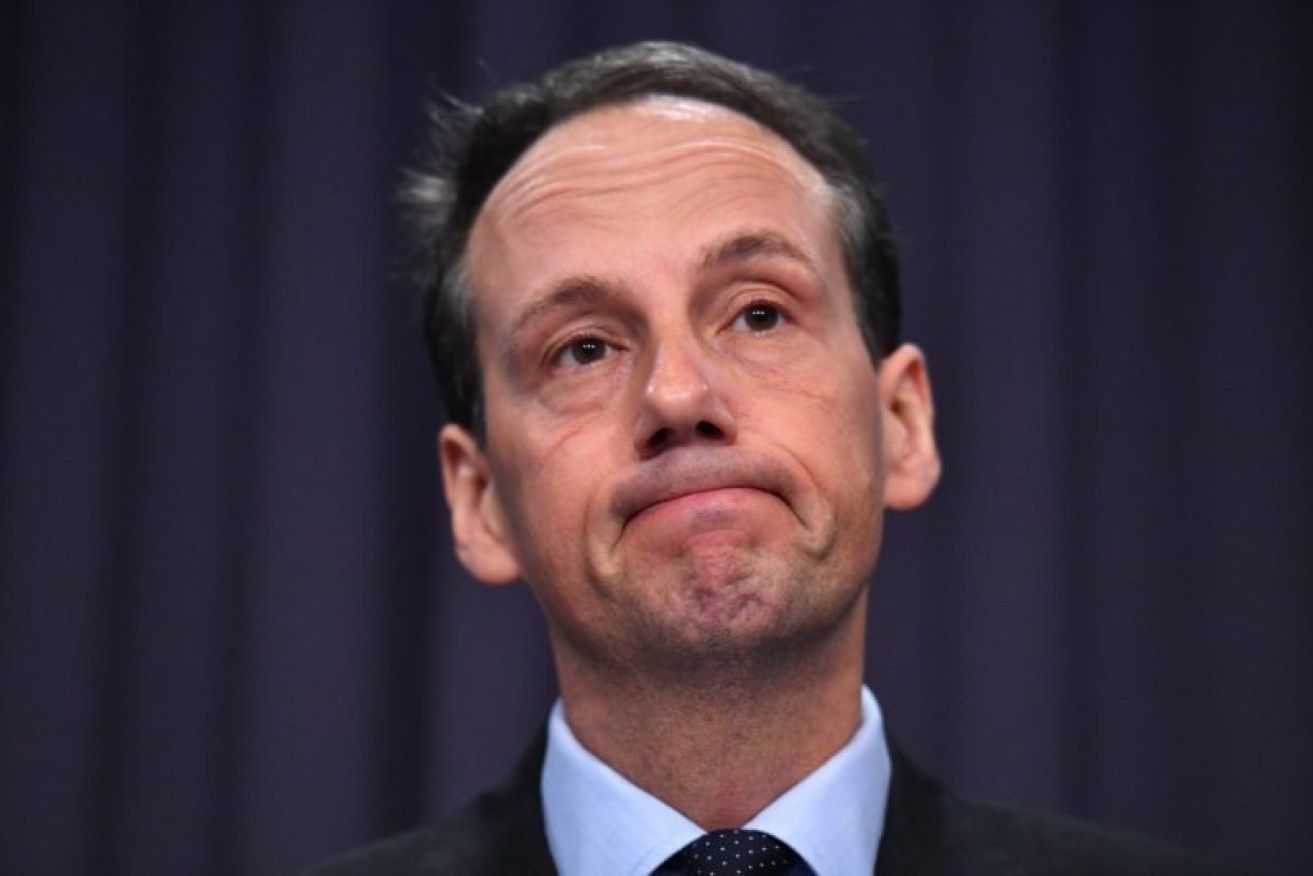ASIC lacks power to enforce penalties against some financial crimes


ASIC chief James Shipton is powerless to enforce some financial laws. Photo:AAP
The Australian Securities and Investments Commission (ASIC) has called on the government to give it the power to enforce penalties where super funds or advisers don’t comply with the ‘best interests’ test in superannuation. Currently it is powerless to act in the area.
In a submission to the financial services royal commission the regulator said: “ASIC is of the view that the sanctions for contravention of the best interests covenants … should be strengthened by making them civil penalty provisions which would also mean that they could attract criminal sanction if the contravention met the [legislative] requirements.”
The test requires that superannuation companies put the best interests of members first in any actions. Although the notion exists in the statutes at the moment ASIC is hamstrung in enforcing it there is “no penalty for breaches,” an ASIC spokesman told The New Daily.
ASIC powerless to act
Without the ability to enforce the law ASIC sees the current law as a dead letter.
“Enforcement action brings the prospect of both direct penalties and reputational damage to entities and individuals.”
The regulator also feels hamstrung in its ability to enforce rules around the selling of super products by financial institutions: “In ASIC’s view, further statutory reforms are necessary to tighten the controls around the sale and distribution of superannuation.”
“The current regulation of ‘personal advice’ and ‘general advice’ is not operating effectively to prevent mis-selling under a financial advice model. Often, banks (or other sellers) are not seeking to advise the client, but instead trying to sell a product for the overall financial benefit of the corporate group,” ASIC’s submission said.
General advice is that given to clients that does not pertain to their personal situation while specific advice is tailored to client needs.
However, the distinction is in some ways more theoretical than practical.
“Even under a ‘general advice’ model a bank …can make a recommendation or a statement of opinion that is intended to influence a person in making a decision in relation to a superannuation product,” ASIC said.
The regulator can prosecute financial institutions for selling shonky products but “it doesn’t have the specific ability to intervene on product distribution,” the spokesman said.
“Selling bad products is wrong but selling super the wrong way is also bad.”
ASIC also raised the prospect of restricting or banning “unsolicited sales of superannuation, whether those unsolicited sales be under a personal, general or no-advice model. Unsolicited sales are particularly likely to lead to mis-selling because the consumer is totally unprepared to make a decision [when approached cold],” the regulator said.
Employers can take kickbacks
ASIC also said it lacks the power to prevent employers taking incentives to sign employees into particular default super funds. Current law is of limited scope because it only applies where the inducement is offered on the condition that an employee agree to sign up to a fund.
“The provision does not prevent trustees or their associates from offering unconditional benefits in an attempt to entice employers to become members of the fund,” ASIC’s submission said.

Peter Kell wanted grandfathering banned. Photo: AAP
ASIC also called for “grandfathered” commissions paid to advisers on investments made before trailing commissions were banned in 2014 to be scrapped. ASIC former deputy chair Peter Kell in evidence to the commission said “the entire grandfathering provision is not in the interests of consumers” because it “enables the continuing payment of commissions that generate conflicts of interest and unnecessary costs widely across the financial system”.
Evidence presented to the commission showed that when IOOF implemented a repricing of products in 2018, it “did not automatically re-price all members”.
“The evidence was that approximately 40,000 members had grandfathered commissions and repricing all members automatically would have cost the group $8 million annually because some of those commissions were payable to advisers within the group,” ASIC said.








